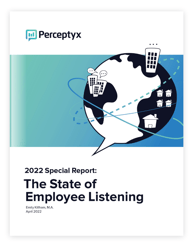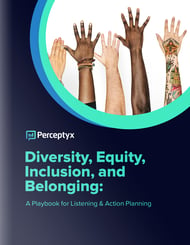On-Demand Webinar
Speaking Over Silence: Creating a Culture of Psychological Safety
Access the On-Demand Recording!
The concept of Psychological Safety — the belief that one can speak up without risk of punishment or humiliation — has moved beyond its “whistleblower” roots. Leaders seeking to create a more positive employee experience understand that when psychological safety is practiced, their teams can innovate more quickly, embrace healthy behaviors associated with inclusion and belonging, and speed decision-making.
But to achieve a lasting climate of psychological safety, organizations must first understand the dynamics that exist within their teams today – including barriers or biases to open communication – and help their leaders model the words and behaviors that make psychological safety possible.
In this session, we hosted a roundtable discussion with 3 executives on the front-lines of the movement to create safer, more supportive work climates, starting with a practice of soliciting and acting on employee feedback.
We cover:
- The critical connection between psychological safety and DEIB,
- How new forms of work – namely WFH and hybrid – are impacting psychological safety and challenging management norms,
- The leadership skills required to sustain an authentic, supportive culture, particularly for those in the most senior positions, and
- The role of employee listening to both diagnose and define a culture of inclusiveness and mutual respect.

